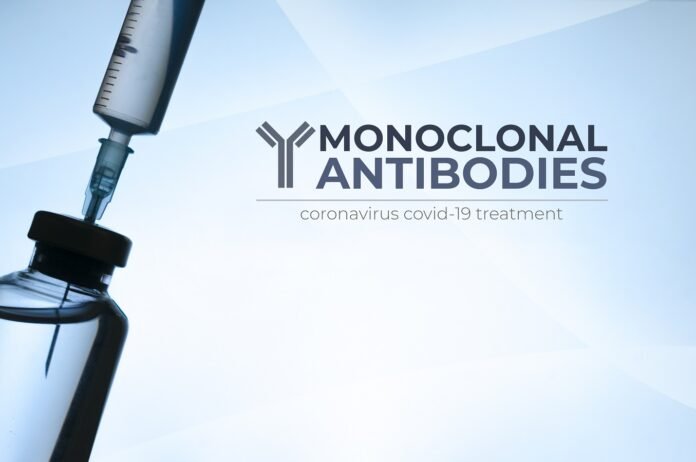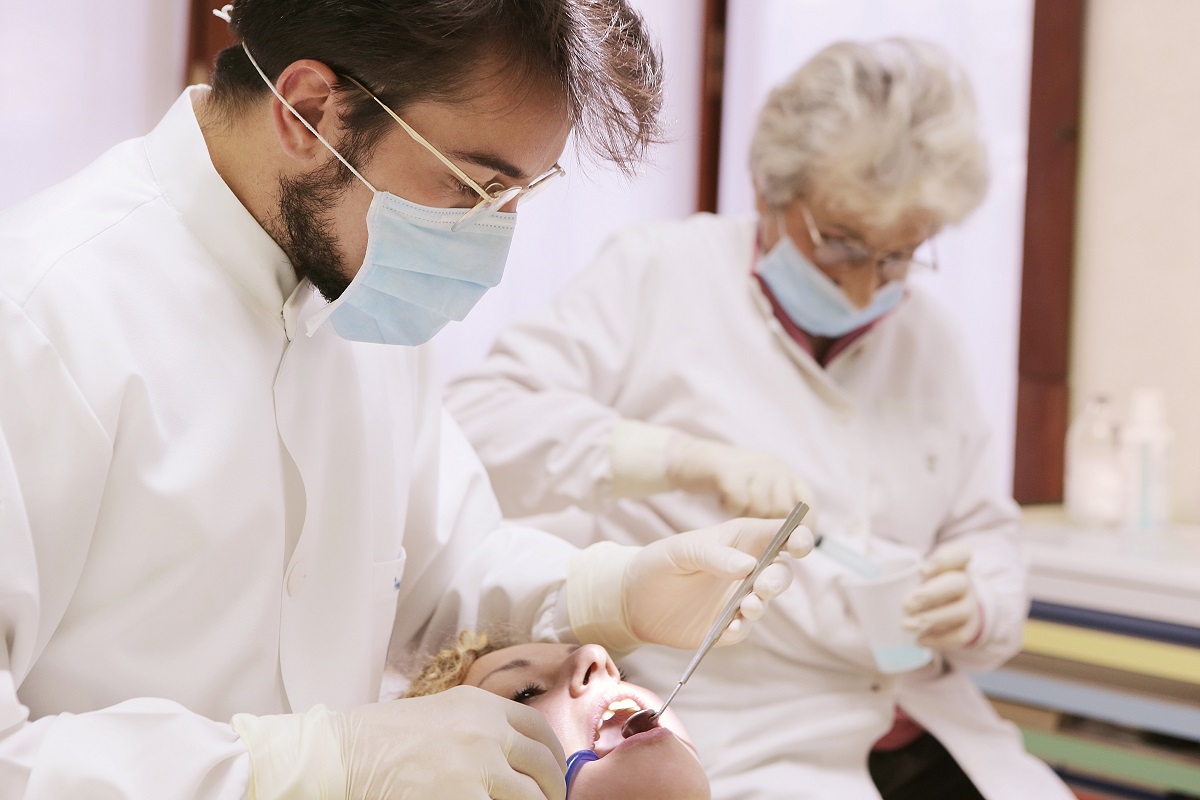Earlier this year, a liver disease episode brushed up through an assisted living facility in New york City. By the time the contagion had run its program, six of the 8 contaminated individuals were dead. What began as four Hepatitis B infections promptly swelled to eight, strengthening the value of routine sexually transmitted disease screening in facilities where people are available in close clinical and care-giving call with each various other.
That’s because, as Eyewitness News 9 out of Greenville, N.C. reported, the illness is “generally spread out via call with blood or body fluids like clinical gadgets that are shared amongst individuals.” As soon as the episode was found, all citizens at the facility were tested, however already if they were mosting likely to be subjected to the Liver disease B virus they currently had been. The spread of the disease prompted an examination right into the treatment facility by the Department of Wellness and Human Solutions.
Following that investigation, the assisted living facility discovered itself in the hot seat when 5 medical service technicians employed there admitted that they would certainly utilized the exact same sugar surveillance pens on several clients. To make issues worse, in a confidential interview, one medical service technician “showed the glucometers and also lancing tools were not consistently cleansed as well as disinfected between usages.”
Due to the fact that Rapid Covid 19 Testing Center Brooklyn are required to measure blood glucose degrees, the sharing of pens might have triggered the break out, however there is no evidence that the technique did. All of those people contaminated, nonetheless, were purportedly diabetic.
Hepatitis screening exposed that the two survivors of the episode had antibodies to Liver disease B in their blood streams that showed feasible infection from the infection. Those people “were never ever identified and also have actually because recovered.”
According to the National Digestive Diseases Info Clearinghouse (NDDIC), Liver Disease B is a virus impacting the liver that can be passed on from one person to an additional. Signs typically disclose themselves 2 to 3 months after exposure to the infection and include stomach pain, dark urine, joint pain, nausea and throwing up, weak point and also fatigue, and also jaundice (a yellowing of the skin as well as eyes). Those people who are revealed to blood or bodily liquids at the office are especially prone to contracting the infection. When it comes to be chronic, Liver disease B can create signs and symptoms as well as may even be fatal, especially in older patients as well as those with jeopardized body immune systems.
The best way to avoid dispersing and also the occurrence of the infection is with Liver disease testing. The Liver disease Monoclonal Antibody Treatment Center NYC uses the Polymerase chain reaction (PCR) amplification as well as detection method to locate the virus for Hepatitis B. Because of its high sensitivity, it is a popular option for very early detection or confirmation screening. It is an especially helpful examination in situations like the one at the assisted living facility where issue over a prevalent outbreak considers heavily as well as time is important.















Коллекция Nautilus, созданная мастером дизайна Жеральдом Гентой, сочетает элегантность и прекрасное ремесленничество. Модель Nautilus 5711 с самозаводящимся механизмом имеет энергонезависимость до 2 дней и корпус из нержавеющей стали.
Восьмиугольный безель с плавными скосами и синий солнечный циферблат подчеркивают неповторимость модели. Браслет с интегрированными звеньями обеспечивает комфорт даже при повседневном использовании.
Часы оснащены функцией даты в позиции 3 часа и антибликовым покрытием.
Для версий с усложнениями доступны секундомер, вечный календарь и индикация второго часового пояса.
patek-philippe-nautilus.ru
Например, модель 5712/1R-001 из розового золота с калибром повышенной сложности и запасом хода до 48 часов.
Nautilus остается символом статуса, объединяя современные технологии и классические принципы.
Хотите собрать данные о пользователе? Этот бот поможет полный профиль в режиме реального времени .
Используйте продвинутые инструменты для анализа цифровых следов в соцсетях .
Выясните место работы или интересы через систему мониторинга с верификацией результатов.
глаз бога бот бесплатно
Система функционирует с соблюдением GDPR, используя только общедоступную информацию.
Получите детализированную выжимку с историей аккаунтов и графиками активности .
Доверьтесь надежному помощнику для digital-расследований — точность гарантирована!
Хотите собрать данные о пользователе? Наш сервис поможет полный профиль в режиме реального времени .
Используйте продвинутые инструменты для поиска цифровых следов в соцсетях .
Выясните место работы или интересы через автоматизированный скан с гарантией точности .
глаз бога узнать номер
Бот работает с соблюдением GDPR, используя только открытые данные .
Закажите детализированную выжимку с геолокационными метками и графиками активности .
Доверьтесь надежному помощнику для digital-расследований — результаты вас удивят !
La apuesta ética es un conjunto de estrategias diseñadas para garantizar seguridad y promover entornos seguros en la industria del iGaming.
Las plataformas deben ofrecer herramientas de bloqueo temporal, como controles de depósito , para prevenir adicciones .
Además, implica la verificación de la edad de los usuarios y protocolos de alerta temprana para identificar comportamientos problemáticos .
1xbet argentina
Para los jugadores, significa acceso a asesoramiento profesional y guías sobre riesgos asociados al juego.
Dicha práctica no solo cumple con normativas regulatorias , sino que fortalece la confianza de las empresas en el sector.
Хотите собрать информацию о человеке ? Наш сервис поможет детальный отчет мгновенно.
Используйте продвинутые инструменты для поиска публичных записей в соцсетях .
Выясните место работы или активность через систему мониторинга с верификацией результатов.
глаз бога бот телеграм бесплатно
Система функционирует в рамках закона , обрабатывая общедоступную информацию.
Закажите детализированную выжимку с историей аккаунтов и графиками активности .
Доверьтесь проверенному решению для исследований — результаты вас удивят !
I think other site proprietors should take this website as an model, very clean and magnificent user friendly style and design, let alone the content. You’re an expert in this topic!
I will right away grab your rss feed as I can not find your email subscription link or e-newsletter service. Do you have any? Please let me know in order that I could subscribe. Thanks.
Thank you for every other fantastic post. Where else may just anybody get that type of information in such a perfect means of writing? I have a presentation next week, and I am on the look for such info.
Hello there! I know this is somewhat off topic but I was wondering which blog platform are you using for this website? I’m getting sick and tired of WordPress because I’ve had problems with hackers and I’m looking at alternatives for another platform. I would be awesome if you could point me in the direction of a good platform.
I really enjoy looking through on this web site, it has wonderful articles.
I was suggested this website by means of my cousin. I am not certain whether or not this post is written by him as nobody else realize such specified approximately my difficulty. You are incredible! Thanks!
Hello! I simply wish to give a huge thumbs up for the nice information you might have right here on this post. I will likely be coming again to your weblog for more soon.
Excellent goods from you, man. I’ve understand your stuff previous to and you are just extremely magnificent. I actually like what you’ve acquired here, really like what you’re saying and the way in which you say it. You make it entertaining and you still care for to keep it wise. I can not wait to read far more from you. This is actually a great web site.
I have been exploring for a bit for any high-quality articles or blog posts on this sort of space . Exploring in Yahoo I finally stumbled upon this site. Reading this info So i am glad to show that I have a very just right uncanny feeling I came upon exactly what I needed. I such a lot surely will make certain to do not forget this website and give it a glance on a relentless basis.
My brother recommended I would possibly like this website. He was totally right. This post truly made my day. You can not believe just how so much time I had spent for this information! Thanks!
Your place is valueble for me. Thanks!…
It’s exhausting to find educated people on this matter, however you sound like you realize what you’re talking about! Thanks
Very efficiently written article. It will be valuable to everyone who employess it, including yours truly :). Keep doing what you are doing – can’r wait to read more posts.
wonderful issues altogether, you just won a new reader. What could you recommend about your submit that you just made a few days ago? Any certain?
Great wordpress blog here.. It’s hard to find quality writing like yours these days. I really appreciate people like you! take care
naturally like your website but you have to check the spelling on several of your posts. A number of them are rife with spelling issues and I find it very troublesome to tell the truth nevertheless I’ll definitely come back again.
Almost all of the things you say is supprisingly appropriate and that makes me wonder why I had not looked at this with this light before. This particular article really did turn the light on for me personally as far as this issue goes. However at this time there is actually 1 point I am not too comfortable with and while I attempt to reconcile that with the actual central theme of your point, let me observe exactly what the rest of the visitors have to point out.Very well done.
great post, very informative. I wonder why the other experts of this sector do not notice this. You should continue your writing. I am sure, you have a huge readers’ base already!
Do you have a spam issue on this site; I also am a blogger, and I was curious about your situation; many of us have created some nice procedures and we are looking to swap solutions with others, why not shoot me an email if interested.
dominobet live chat
Those are yours alright! . We at least need to get these people stealing images to start blogging! They probably just did a image search and grabbed them. They look good though!
Terrific post however , I was wanting to know if you could write a litte more on this subject? I’d be very grateful if you could elaborate a little bit further. Many thanks!